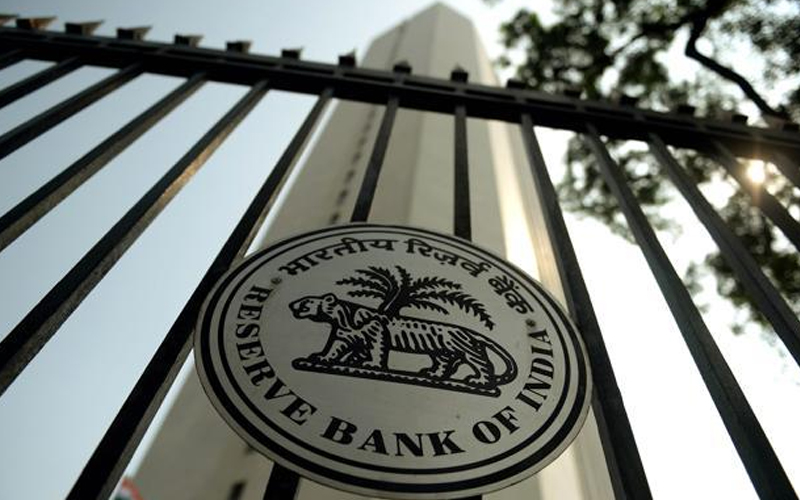Mumbai: Home and auto loans are set to become cheaper as the Reserve Bank of India (RBI) on Thursday lowered its key lending rate for commercial banks by 25 basis points (bps) to 5.75 per cent.
Besides, the RBI changed the monetary policy stance from neutral to accommodative. The significance of such a move can be gauged by the fact that the RBI has reduced its growth forecast to 7 per cent in 2019-20 from 7.2 per cent.
The decision to reduce the repo rate was taken by the RBI’s Monetary Policy Committee (MPC) at its second monetary policy review of the ongoing fiscal.
As per the monetary policy statement, the main considerations behind the MPC’s decision were decline in private final consumption expenditure (PFCE) and moderation in exports.
Currently, high interest rates and liquidity constraints have demoralised auto, home and capital goods buyers. Even the high frequency indicators suggest moderation in activity in the service sector.
Accordingly, a lower repo, or short-term lending rate for commercial banks, will reduce interest cost on automobile and home loans, thereby ushering in growth.
Some good news for users who make fund transfers via RTGS, NEFT.
You will no longer have to pay additional charges for transferring funds via RTGS, NEFT.
In its recently conducted bi-monthly meet of the Monetary Policy Committee, the Reserve Bank of India has decided to remove all charges levied on Real Time Gross Settlement System (RTGS) and National Electronic Funds Transfer (NEFT) System.
Enforcing benefits for its users, Banks across the nation are required to pass on these benefits to their customers.
The RBI said that instructions to banks in this regard will be issued within a week.
This is the third reduction in repo rate in 2019. The RBI in April lowered its key lending rate by 25 bps to 6 per cent. Before that, in February, the MPC had voted to lower the repo rate by 25 bps to 6.25 per cent.
However, equity investors’ were disappointed over a lower-than-expected rate cut.
With Inputs from IANS

